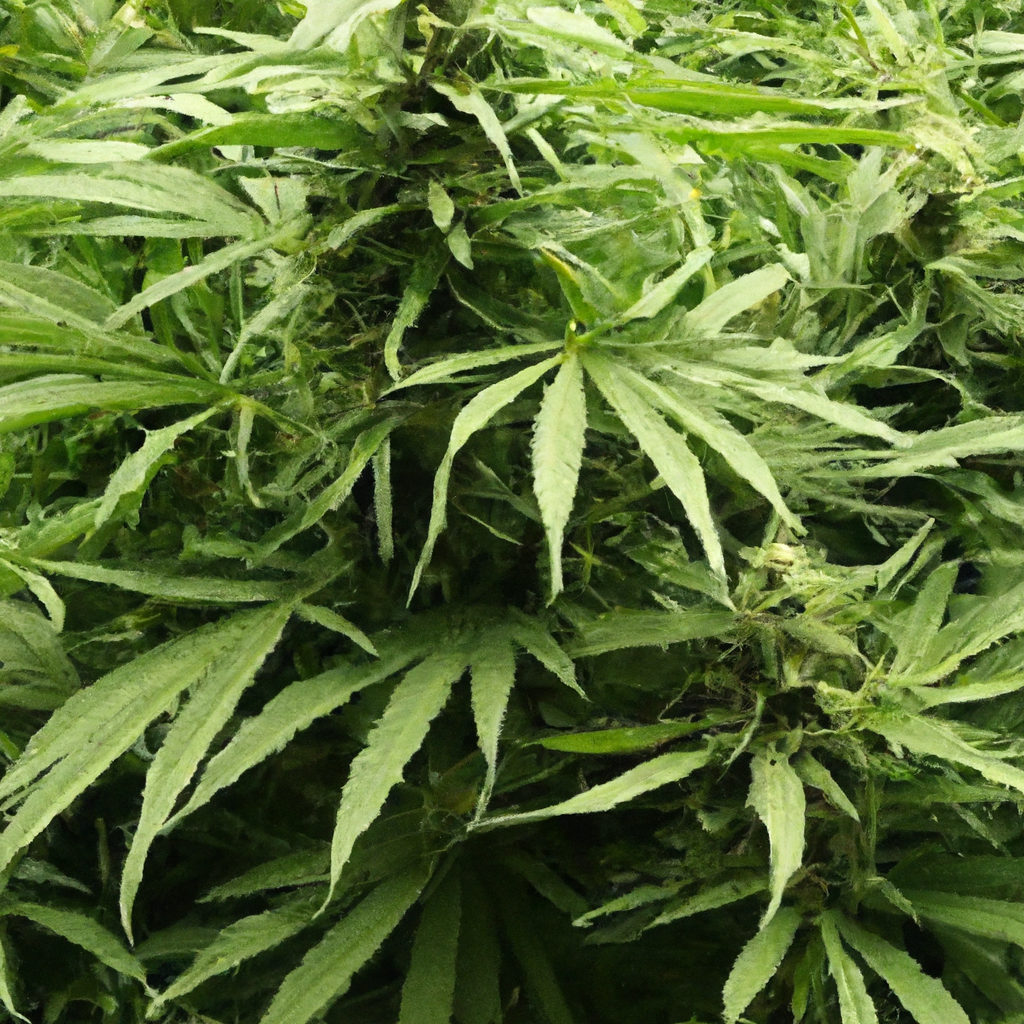Your cart is currently empty!
In an age where environmental sustainability has come to the forefront of agriculture, organic cannabis growing stands out as a beacon of environmentally conscious cultivation. This article delves into the practices that ensure successful organic cannabis growth, emphasizing the use of natural resources while avoiding synthetic chemicals.
Building a Healthy Soil Ecosystem
The foundation of any successful plant growth lies in the soil. For organic cannabis cultivation, creating a robust soil ecosystem is crucial:
- Composting: Use kitchen scraps, yard waste, and other organic materials to create rich compost. This not only reduces landfill waste but also enriches the soil with nutrients.
- Companion Planting: Integrate plants such as basil, chamomile, and clover that naturally enrich the soil and support cannabis growth.
- Beneficial Microbes: Introduce inoculants like mycorrhizal fungi to enhance nutrient uptake and improve resilience against diseases.
Utilizing Natural Fertilizers
Organic fertilizers are vital in providing the essential nutrients for cannabis growth without resorting to synthetic chemicals:
- Manure: Use well-rotted manure from cattle or poultry to boost nitrogen levels in the soil.
- Fish Emulsion: A fantastic liquid fertilizer, fish emulsion offers a balanced nutrient blend and conditions the soil.
- Seaweed Extract: This enhances root growth and boosts overall plant vitality with its rich mineral content.
Organic Pest Control Methods
Protecting plants from pests without synthetic pesticides is achievable with these natural methods:
- Neem Oil: A natural pesticide that disrupts the reproductive cycle of pests like aphids and spider mites.
- Diatomaceous Earth: Sprinkle around plants to deter snails and slugs by dehydrating them upon contact.
- Companion Planting for Pest Control: Use marigolds and mint to repel harmful insects and attract beneficial predators like ladybugs.
Benefits of Organic Cannabis
Choosing organic methods provides several advantages, both environmentally and for the end consumer:
- Environmental Impact: Organic methods reduce chemical runoff, promote biodiversity, and contribute to sustainable ecosystems.
- Enhanced Flavor and Aroma: The natural nurturing often results in a superior flavor profile and aromatic intensity in the cannabis.
- Healthier Consumption: Organic cannabis ensures a cleaner product with fewer harmful residues, offering a safer experience for consumers.


Leave a Reply